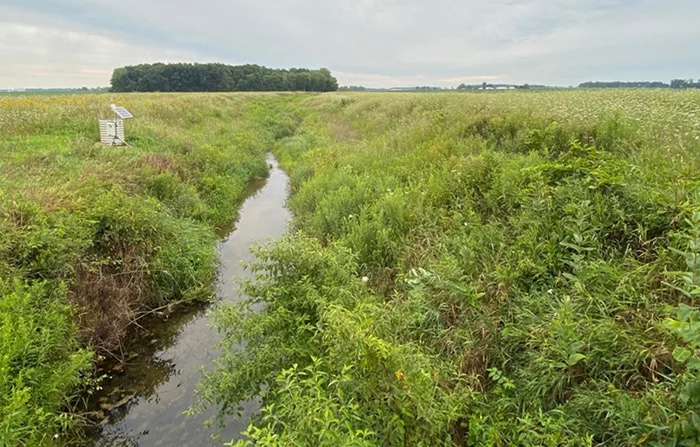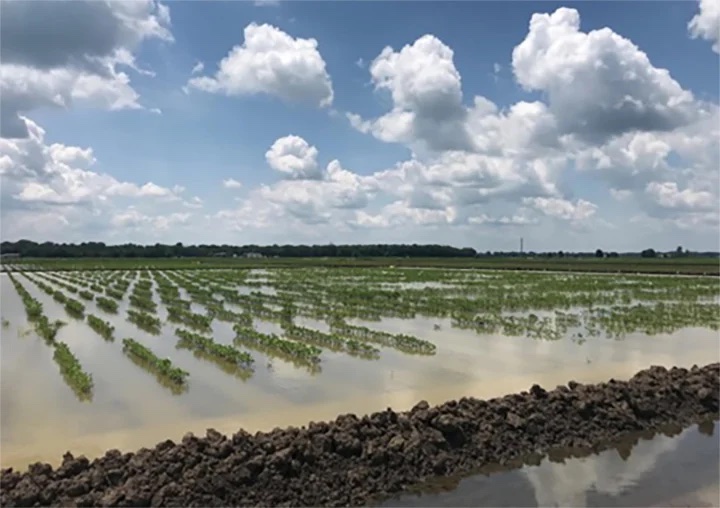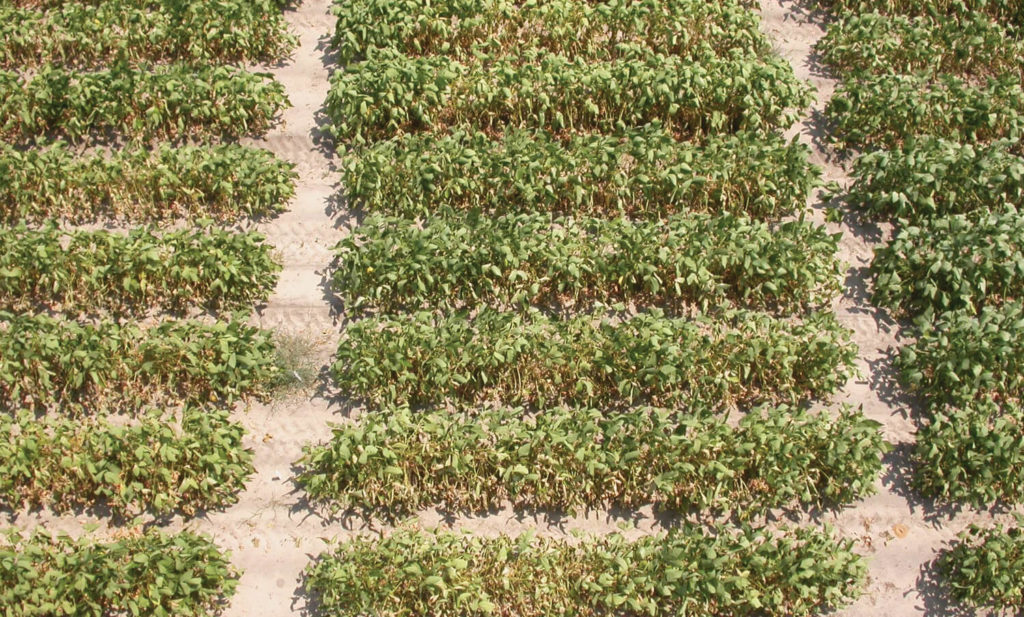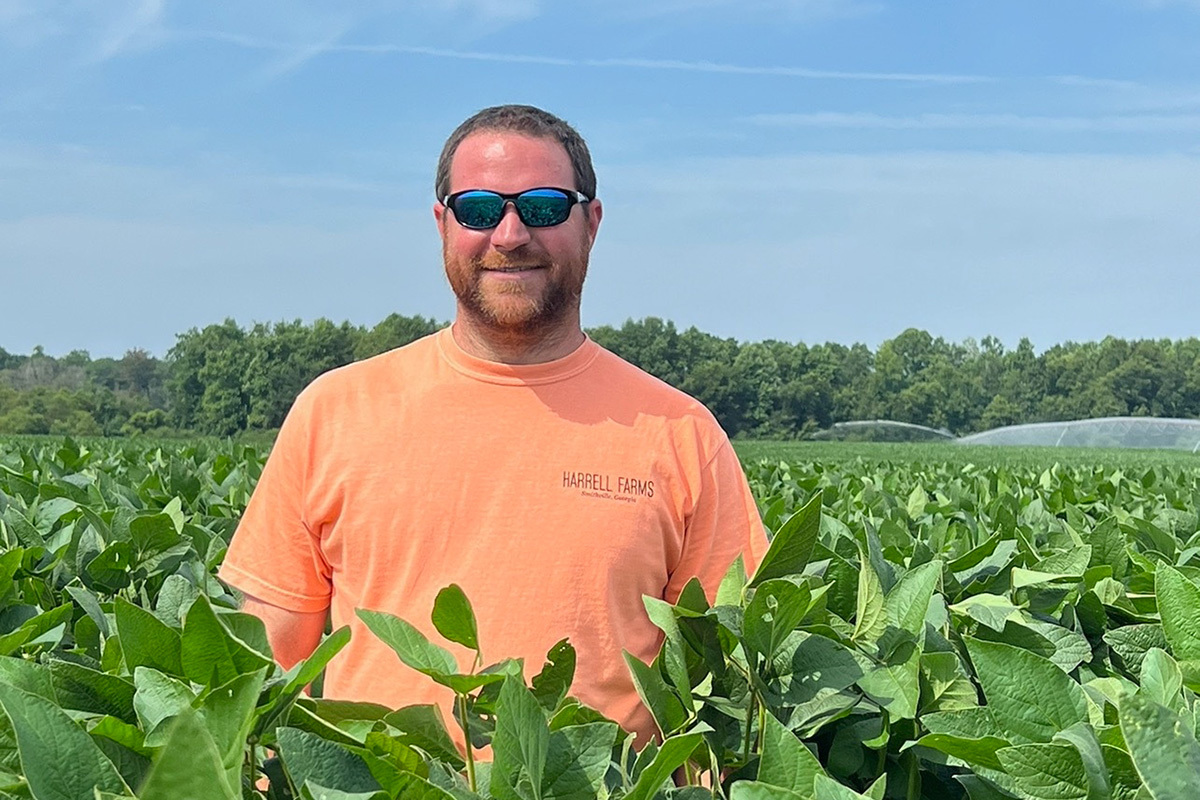Soy Checkoff Research Works to Get Water Management Just Right

Water presents soybean farmers with that classic Goldilocks problem: either there’s too much of it or too little. Rarely is it ever just right, which means farmers need to manage this critical resource more than ever.
Alongside the Soybean Research & Information Network (SRIN), the soy checkoff provides a wide variety of tools and resources and invests in research projects to help farmers continuously improve their sustainability through effective water management.
Here are a few ways you can put your checkoff investment to work on your farm:
Irrigation Management
Limited water availability, especially at critical growth points, can reduce soybean yield and quality. Efficient use of irrigation and soil moisture, on the other hand, can maximize return on water investments in dry conditions.
For example, research supported by the Mississippi Soybean Promotion Board demonstrates the value of soil moisture sensors and recommends the right number of sensors to use. The Kentucky Soybean Board has partnered with other commodity organizations to fund research on variable-rate irrigation technology. And the Southern Soybean Research Program identified best management irrigation practices based on soil type to improve water use efficiency.
To encourage practical application of such practices and help farmers improve irrigation management, the Arkansas Soybean Promotion Board funded a one-day irrigation course and an irrigation yield contest. In addition, a unique project funded by the Southern Soybean Research Program and the Georgia Soybean Commodity Commission developed a SmartIrrigation Soybean App for both Apple and Android mobile phone platforms.
Variety Development Addresses Water Variability
Genetic research funded by the soy checkoff takes water management straight to the plants themselves. As geneticists and breeders better understand how soybeans manage water, they will be able to provide farmers with soybean varieties that adapt, so whatever the water conditions, they can be just right for the crop.
For example, the Tennessee Soybean Promotion Board is funding soybean transpiration research at the University of Tennessee to measure how different soybean varieties release water through their leaves under stressful conditions.
The Missouri Soybean Merchandising Council has been leading efforts to identify flood-tolerant genetics in soybeans. Varieties bred with the genetics identified by Missouri’s efforts will expand options for growing soy in low-lying fields that flood regularly. At the same time, checkoff-funded research focused on drought-tolerant traits and genetics is underway in Arkansas, North Carolina, South Carolina and many other states.

Photo Credit: Pengyin Chen

Photo Credit: Dr. T. E. Carter, Jr.
Your investment in the soy checkoff supports work on practical solutions for the entire spectrum of water management challenges and beyond. Explore SRIN’s library of checkoff-supported agronomic research at soybeanresearchinfo.com.



